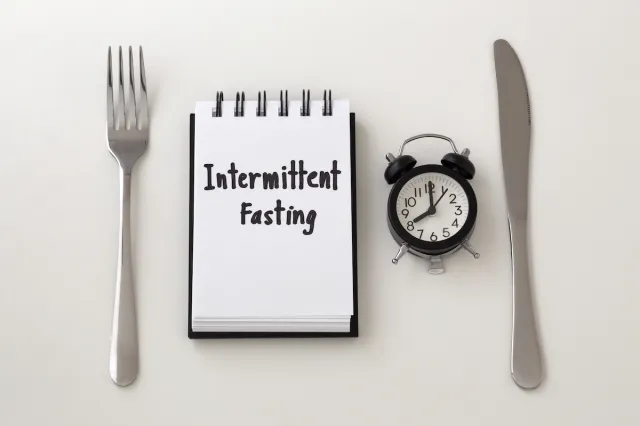Elon Musk Just Revealed How He Lost 20 Pounds

Elon Musk is revealing how he lost 20 pounds since July 2022, after years of struggling with his weight. The world’s richest man has been practicing intermittent fasting using an app called Zero, and credits the new lifestyle with helping him feel better than he has for a long time. While fasting is commonly used as a method of weight loss, it can also offer other health benefits. So how exactly does intermittent fasting work, and is it suitable for everyone? Here’s what the experts have to say.
Musk Fasts Periodically

Musk, 51, opened up about his fasting regimen in a Twitter thread discussing his weight loss. When asked about how much weight he’s lost, Musk said, “Over 20 lbs down from my (unhealthy) peak weight. The Zero fasting app is quite good. On advice of a good friend, I’ve been fasting periodically & feel healthier. From time to time, I will share some things that seem to be working for me, in case you find it helpful.”
What Exactly Is Intermittent Fasting?

Intermittent fasting is a plan for eating only during specific times. According to UCLA, there are three main ways to practise intermittent fasting:
- Alternate day fasting includes normal eating every other day, with days of restricted eating (500 calories) in between.
- Daily time-restricted eating limits eating to one period (typically six to eight hours) each day. The rest of the time, you’re fasting.
- 5:2 approach involves normal eating five days a week, but limiting yourself to 500 to 600 calories for two non-consecutive days.
So how exactly does it work? “Between meals, as long as we don’t snack, our insulin levels will go down and our fat cells can then release their stored sugar, to be used as energy,” says Harvard Health. “We lose weight if we let our insulin levels go down. The entire idea of IF is to allow the insulin levels to go down far enough and for long enough that we burn off our fat.”
Benefits Beyond Weight Loss

Fasting has been shown to not only help with weight loss, but also with cellular renewal (autophagy) and possible disease prevention. “In addition to reduced body weight, this fasting can help lower cholesterol, improve glucose control, reduce liver fat and improve blood pressure,” says dietitian Sue Ryskamp. “Patients tell me they have increased endurance, better motor coordination and improved sleep. Eating according to your circadian rhythm (eat day/sleep night) helps promote deep sleep. Studies have also shown that fasting, which leads to caloric restriction, increases the lifespan of even healthy people. Studies also suggest that fasting may reduce tumor growth and could help prevent recurrences of breast cancer.”
Who Shouldn’t Fast?

“Intermittent fasting is safe for many people, but it’s not for everyone,” says Manpreet Mundi, MD. “Skipping meals may not be the best way to manage your weight if you’re pregnant or breast-feeding. If you have kidney stones, gastroesophageal reflux, diabetes or other medical problems, talk with your doctor before starting intermittent fasting.”
Fasting Apps

While you don’t need an app to fast, some people find it useful to have a method of accountability while losing weight. “Clinicians must become aware of these tools and support our patients in their use, since they are a great way to start moving the needle on the awareness and education needed to produce lifestyle changes,” says Kamal Jethwani, MD, MPH. “Motivated patients will achieve great results, while other patients may stop using them, but will definitely gain better insights into their lifestyles.”




